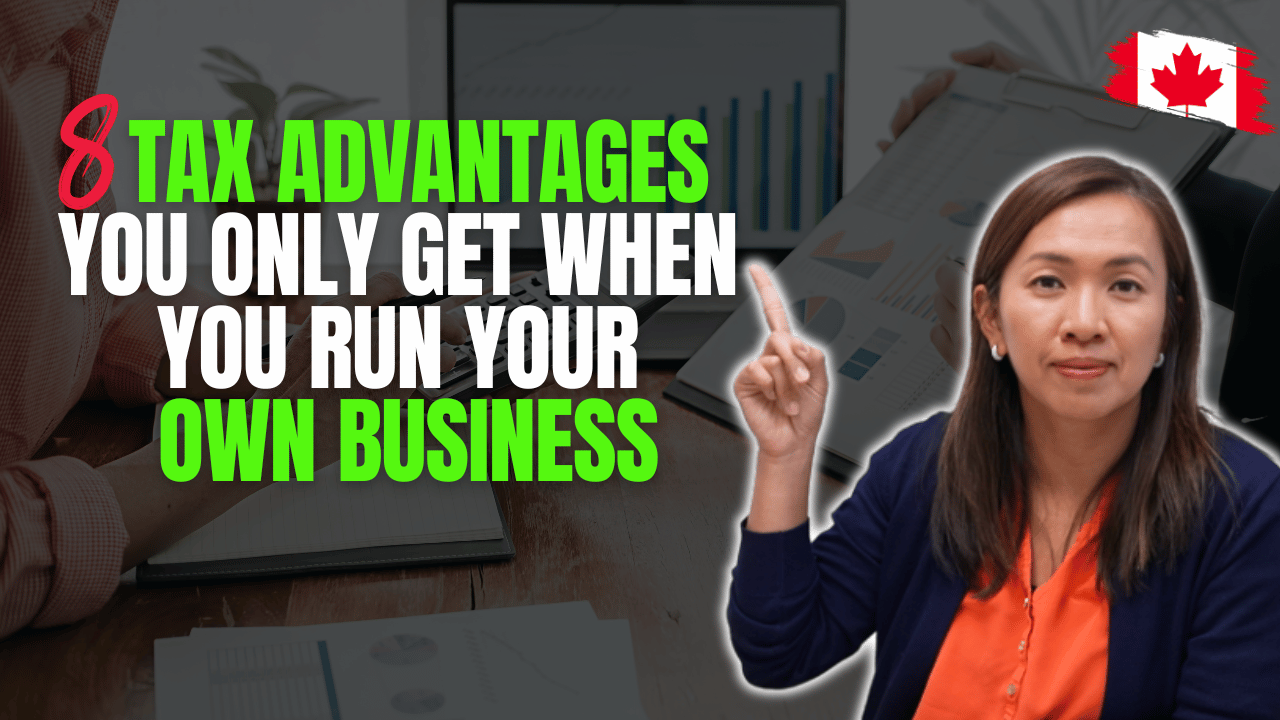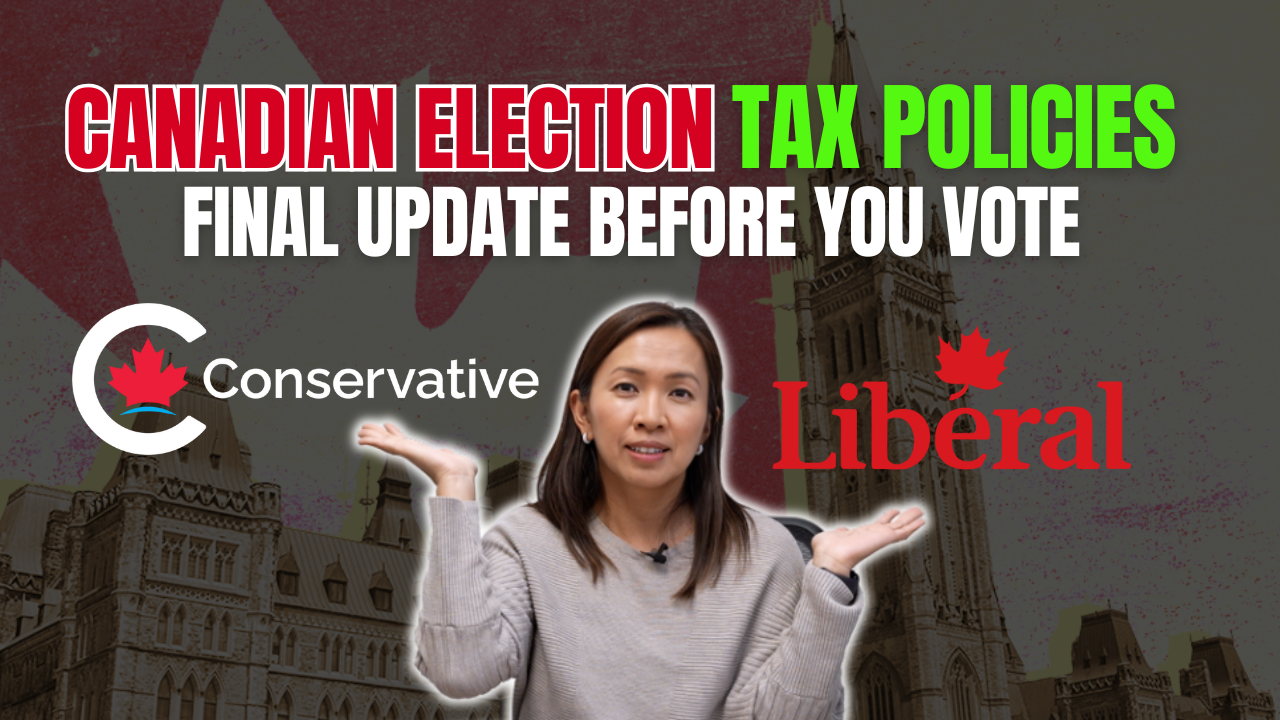It’s been quite a rollercoaster for me since the beginning of August. I’ve been caught in a cycle of colds—recovering just in time for trips, only to fall ill again upon returning. It’s strange, isn’t it? How travel seems to be my temporary cure!
Despite the ups and downs, I recently mustered the energy for a date night with Erwin. It took quite a bit out of me not to cancel, but I’m glad I didn’t. We had a wonderful evening out, and for a few hours, it felt like a complete escape from the sniffles and sneezes that had been my constant companions. This got me thinking about how sometimes, stepping out of our routine not only rejuvenates our spirits but also brings unexpected wellness.
Just as these small breaks can provide much-needed relief from health woes, recent financial developments might offer some respite from economic pressures. The Bank of Canada has announced a significant reduction in interest rates by 0.50 basis points. Cumulatively since June, the total rate cut has reached 1.25%—a substantial decrease that could have a significant impact on your finances if you’re carrying variable-rate debt.
Interest Rate Cut: What It Means for You
If you’re carrying variable-rate debt, such as mortgages or lines of credit, this latest adjustment could lower your monthly payments substantially. Here’s a quick look at what this might mean in terms of savings:
| Variable Rate Debt | Annual Interest Savings with 0.50% Rate Cut | Total Savings with 1.25% Rate Cut |
| $1,000,000 | $5,000 | $12,500 |
| $2,000,000 | $10,000 | $25,000 |
| $3,000,000 | $15,000 | $37,500 |
| $4,000,000 | $20,000 | $50,000 |
| $5,000,000 | $25,000 | $62,500 |
| $6,000,000 | $30,000 | $75,000 |
For instance, if you carry $6 million in variable rate debt, the cumulative rate cut could have saved you $75,000 on interest expense alone—that’s huge!
Lessons Learned from the Interest Rate Storm
As we breathe a sigh of relief with the recent interest rate reductions, it’s also a moment to reflect on the lessons learned through what might be described as an economic storm. Indeed, hindsight is 20/20, but the experiences gained can guide our future financial strategies.
Over a decade ago, I embarked on a financial strategy that seemed contrary to the prevailing trends: I began building a substantial cash reserve. At the time, the economic climate was buoyant—investments were flourishing, and everyone seemed eager to capitalize on every opportunity. Despite the temptation to join the frenzy, I chose a more conservative path.
I’ll be honest—there were moments when I questioned this choice. Watching others aggressively invest and expand, I sometimes felt like I was sitting on the sidelines, conserving cash that could have been put to seemingly profitable use. “Is this really the best move?” I often wondered, especially during those heady days of market highs.
Yet, this wasn’t a decision made from fear, but from strategic caution. The idea was simple but powerful: maintain a reserve that could buffer my businesses and personal finances against sudden economic shifts. This cash wasn’t idle—it was a crucial part of a long-term survival kit, ensuring that when others might need to retract hastily or suffer during downturns, I could maintain stability and even seize opportunities that financial strain offers.
And sure enough, when the tides turned and the economy dipped, this approach proved its worth. Having a solid cash reserve allowed me to maneuver through financial downturns without the desperation that can come from being over-leveraged. It provided a peace of mind that was priceless—it meant that my businesses could continue to operate without drastic cuts, and I could sleep well at night knowing I wasn’t just a market downturn away from turmoil.
They say “cash is trash” in many investment circles, and I’ll admit, there was a time when even my son would yell this out during our Monopoly games. It seemed to echo the sentiment I felt during my early investment days—that holding on to cash instead of investing it might be a misstep.
But as much as we laughed about it during those board game sessions, life taught me a more nuanced lesson. Yes, cash might not generate returns and can decline in value due to inflation, but it also acts as an invaluable safety net. Holding cash felt, at times, like holding onto a parachute while flying high—it might not be needed on every flight, but during unexpected turbulence, it’s the most precious asset you could have.
So, while “cash is trash” makes for a catchy saying (and a fun Monopoly strategy), the reality of managing personal and business finances has shown me that “cash is king.” This reserve has allowed me to navigate through economic downturns with confidence and seize opportunities without desperation. It has provided stability when needed most and peace of mind, which, frankly, is priceless.
Until next time, happy Canadian Real Estate Investing.
Cherry Chan, CPA, CA
Your Real Estate Accountant





